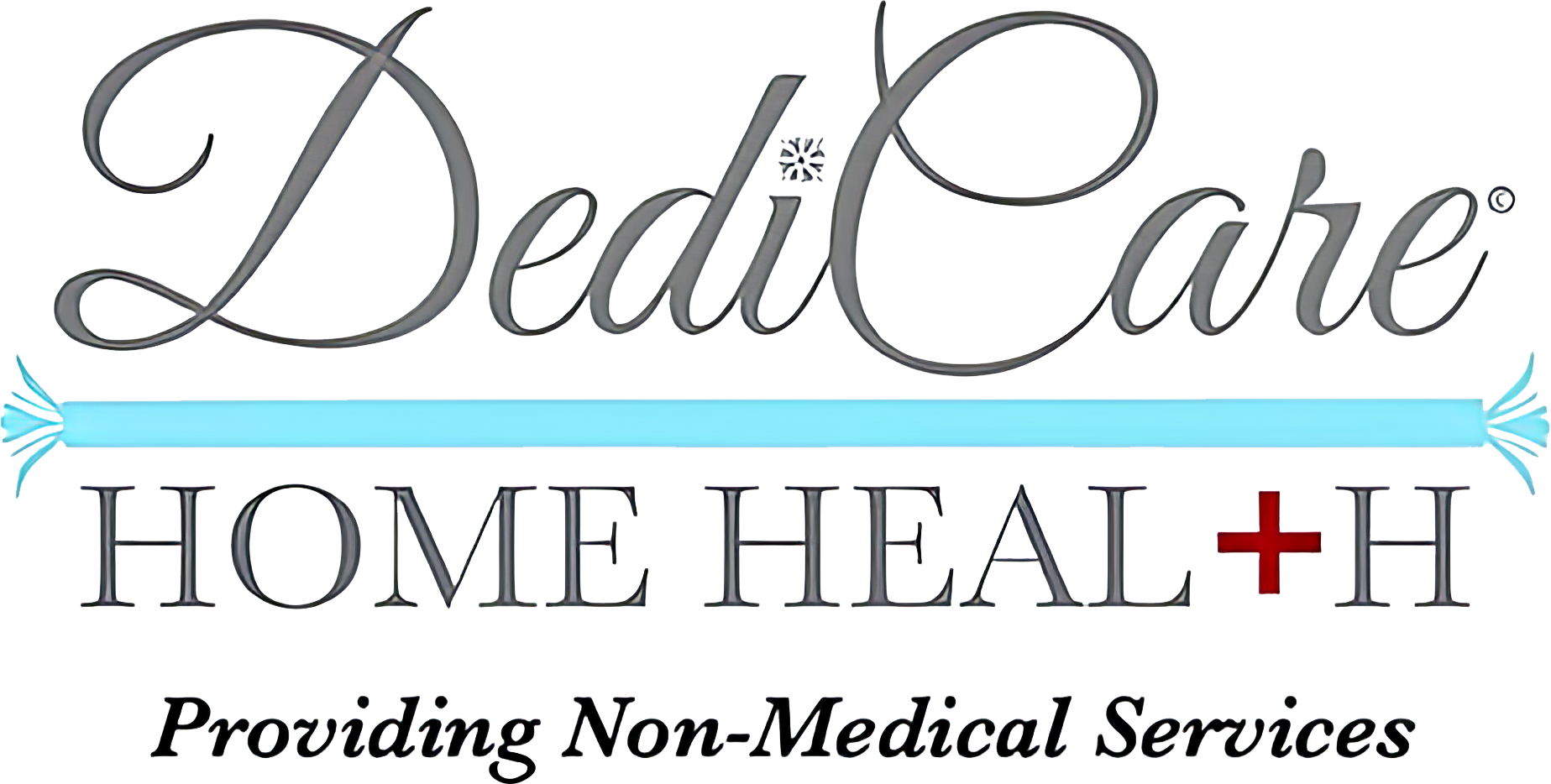Unleash the Power of Precision: Mastering Medication Organization at Home
In today's fast-paced world, keeping track of medications can be daunting. Managing medications at home is essential for individuals living with chronic conditions, seniors, or those recovering from illnesses. With multiple prescriptions, varying dosages, and different schedules, staying organized can be a daunting task. However, mastering the art of medication organization can reduce confusion, improve adherence, and ensure that medications are taken accurately, at the right time, and in the right doses.
In this blog, we will explore practical strategies and tools to help you optimize medication management at home, empowering you to take control of your health and well-being.

1. The Importance of Medication Organization
Proper medication management is the cornerstone of achieving positive health outcomes. Disorganization can lead to medication errors, missed doses, or taking the wrong medication at the wrong time. Staying organized not only ensures you are adhering to your prescribed plan but also reduces the risk of complications and improves communication with healthcare providers.
By mastering medication organization at home, you:
- Minimize Medication Errors: Reducing the chances of missed or duplicate doses.
- Enhance Health Outcomes: Consistently taking medications as prescribed can improve the management of chronic conditions and prevent unnecessary hospital visits.
- Empower Independence: Proper medication organization allows individuals, especially seniors, to maintain their independence by taking control of their own health care needs.
2. Effective Strategies for Organizing Medications
There are several strategies that can help individuals organize medications effectively, whether you’re managing multiple prescriptions for yourself or a loved one.
1. Use a Pill Organizer
Pill organizers are one of the simplest yet most effective tools for medication management. A pill organizer typically has compartments for each dose, broken down by day or time of day. This is particularly helpful for individuals taking multiple medications or those who need to take medications several times a day.
Tips:
- Choose a pill organizer with compartments labeled by day or time (morning, afternoon, evening).
- Consider using color-coded organizers for even easier identification.
2. Set Medication Reminders
Setting reminders can be a game changer in ensuring that you never miss a dose. You can use technology to set notifications for your medication schedule, whether through your smartphone, a medication management app, or a smart speaker.
Tips:
- Use medication reminder apps like Medisafe or MyTherapy that allow you to track medication schedules, receive alerts, and even log side effects.
- For added convenience, use smart speakers (like Amazon Alexa or Google Assistant) to set voice reminders for your medication times.
3. Create a Medication Log
A medication log is a great way to track your medication schedule, doses, and any side effects or changes. This is especially helpful if you’re managing multiple medications or have a chronic condition.
Tips:
- Keep a journal or digital document that lists all medications, dosage, and timing.
- Record when medications are taken, and include any symptoms or side effects for your healthcare provider to review.
4. Use Medication Management Apps
There are several apps designed specifically for medication management. These apps provide reminders, track doses, and help you manage prescription refills, all in one place. Some apps even offer the ability to connect with your healthcare provider for better coordination.
Popular Medication Management Apps:
- Medisafe: Tracks medications, sends reminders, and can notify family members if a dose is missed.
- MyTherapy: An all-in-one health tracker that includes medication reminders, mood tracking, and health journals.
- PillPack by Amazon Pharmacy: Delivers medications pre-sorted by dose and time, helping patients stay organized without any extra effort.
5. Organize Your Medication Area
Having a designated space for your medications can prevent mix-ups and keep things organized. Whether you store medications in a cabinet, drawer, or medication station, keeping them all in one accessible location ensures that you don’t waste time searching for what you need.
Tips:
- Choose a cool, dry place away from moisture and direct sunlight.
- Label shelves or drawers for easy identification of different medications.
- Keep medications in their original packaging to ensure accurate labeling and avoid confusion.
Ensuring Medication Safety
While organization is important, safety is paramount when it comes to medication management. Here are some tips for keeping your medications safe:
- Check Expiration Dates: Medications lose their potency over time. Regularly check the expiration dates on your medications and dispose of any expired medications properly.
- Store Medications Properly: Always store medications in a secure, childproof location. For those with pets or children in the home, consider using a locked box or cabinet.
- Consult Your Pharmacist: If you’re unsure about medication interactions or how to manage multiple prescriptions, ask your pharmacist for advice. They can also help you identify the best medication management tools for your needs.
Creating a Support System
Managing medications effectively becomes easier when there’s a support system in place. For individuals with chronic conditions or seniors, enlisting the help of a caregiver or family member can make a significant difference.
Tips:
- Family Support: Involve family members in tracking medications or help set up reminders. Regular check-ins can ensure that medications are being taken as prescribed.
- Professional Caregivers: If you or a loved one needs assistance with medication management, consider hiring a home health aide or nurse to help with administering medications, ensuring safety, and providing support.
- Healthcare Provider Communication: Keep your healthcare providers in the loop about medication management. Share your medication log or any concerns about side effects, and they can help adjust your treatment plan as needed.
Leveraging Technology for Better Medication Adherence
Advancements in technology have made medication management easier than ever. In addition to using apps for reminders and medication tracking, there are now smart devices that can track medication adherence, monitor vital signs, and even alert caregivers if a dose is missed.
- Smart Pill Bottles: These bottles have sensors that track when the bottle is opened and remind you to take your medication.
- Medication Dispensers: Devices like the Hero Health pill dispenser automatically sort and dispense the correct dosage of medications at the right time.
Conclusion: Empowering Better Health with Medication Organization
Mastering medication organization at home is an essential skill for anyone managing a chronic condition, aging at home, or caring for someone with complex medication needs. By using tools like pill organizers, medication apps, and setting up a dedicated medication area, you can stay on top of your health and reduce the risk of medication errors.
Ultimately, a structured approach to medication management empowers you to take control of your health and improve your overall well-being. With the right tools and strategies in place, managing medications at home becomes an efficient, safe, and stress-free part of your daily routine.
Contact us today for more tips, resources, and tools to help you optimize medication management at home. Let's unlock the power of precision and take control of your health, one pill at a time!









